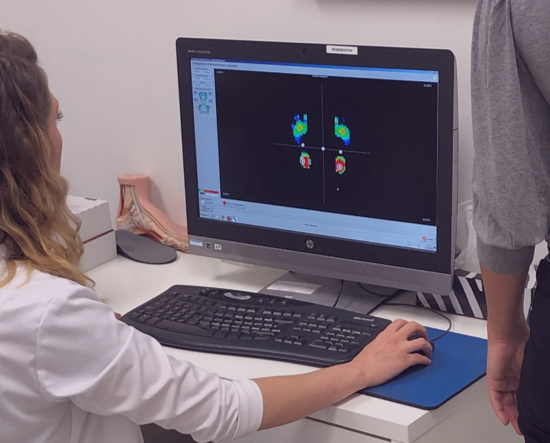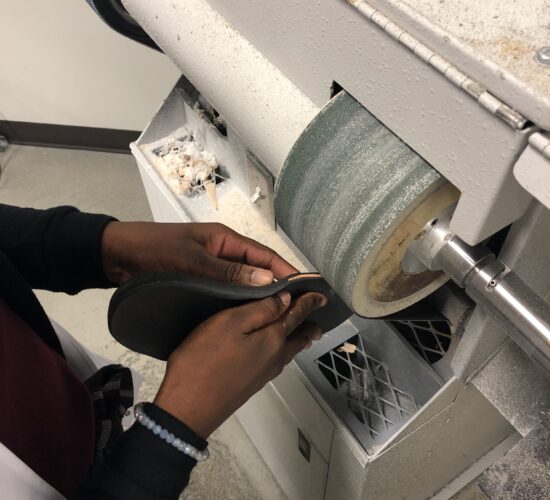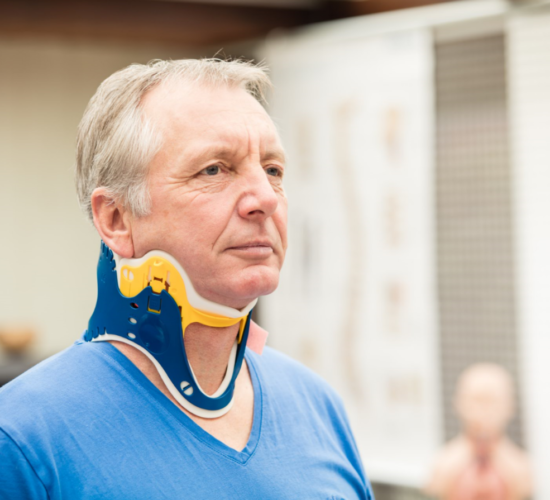Whether you already have foot orthotics or are considering consulting an orthotist for an assessment, here are several common concerns and inquiries. To help you navigate the matter, Emmanuel Beauchemin, Head of clinical affairs and Orthotist at Médicus, answers the most frequently asked questions on the subject.
Why choose foot orthotics?
Foot orthotics are an appropriate response to many ailments that can affect the lower limbs, such as plantar fasciitis, hammertoes, Lenoir spine, hallux rigidus, hollow feet, heavy legs, Achilles tendon injuries and many other conditions that cause heel pain. Based on the results of the biomechanical evaluation, the main role of foot orthotics is to improve the function of your feet by repositioning, supporting and balancing them, for both walking and sporting activities.
Your feet are one of the most stressed parts of your body every day: you walk, you run, you climb stairs, you jump. Since your feet are the basis of the rest of your body, it is essential to provide them with the greatest support.
Whatever your lifestyle, foot orthotics are ideal for:
- Provide the necessary support
- Relieving and preventing pain and injury
- Correct foot anomalies (e.g. flat foot, hollow foot, etc.)
- Improve athletic performance
How to maintain your foot orthotics?
- Whenever necessary, clean them with a damp cloth and mild soap without immersing them completely in water.
- Then, let them dry in the open air for at least 24 hours.
- Do not expose them to the sun or any other source of heat, as this could damage your foot orthotics.
- Remove them regularly from your shoes to eliminate moisture and the risk of unpleasant smells.
Other signs of wear may also be taken into account when deciding to have your orthotics checked by an orthotist. Among other things, we are talking about:
- Abnormal shoe wear
- Worn coating
- Any new sensitivity or recurrence of pain
- Odor problem
- Deformation of the orthosis
- Any lifestyle changes (e.g., significant weight loss or gain)







